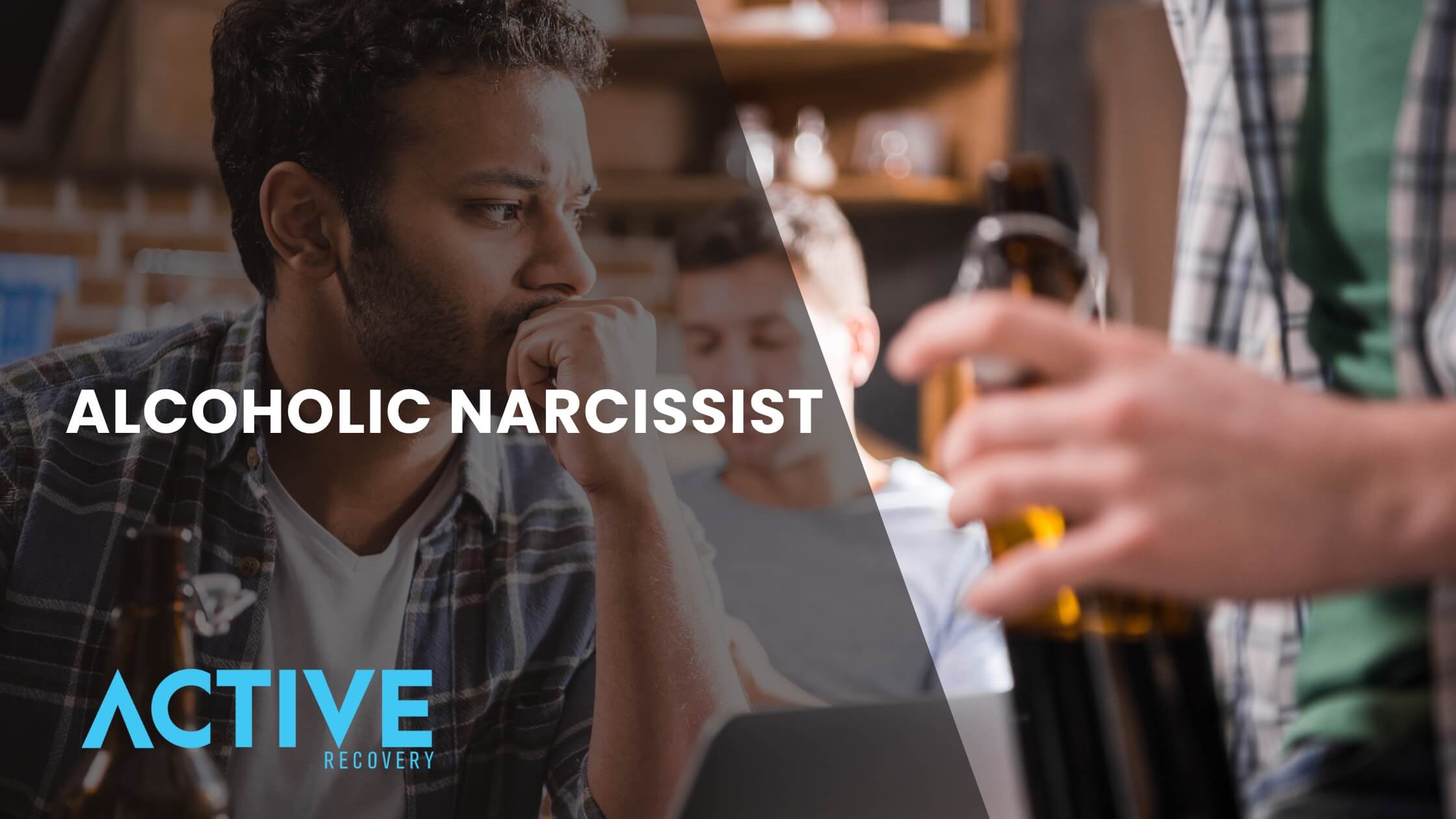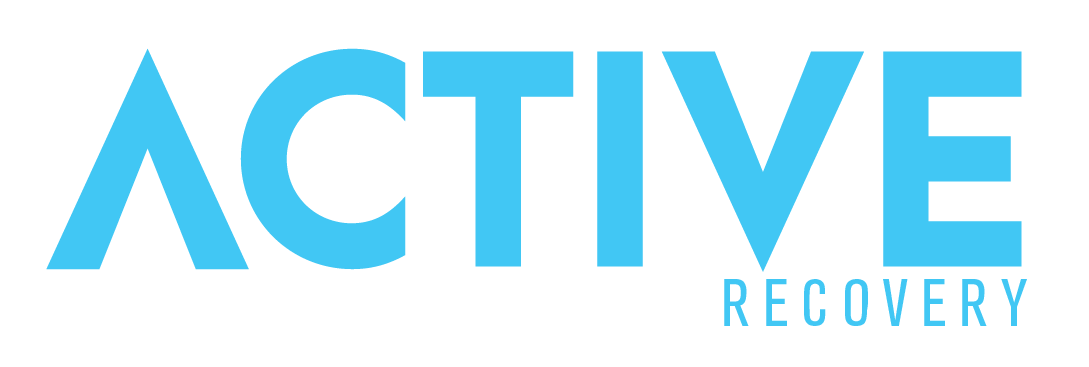Last Updated on April 29, 2024


An alcoholic narcissist is someone who struggles with both alcohol use disorder (AUD) and narcissistic personality disorder (NPD). This article discusses how narcissistic personality disorder and alcohol use disorder can co-occur and why this disorder can be challenging to the people living with it and the people around them.
Active Recovery Companions offers specialized services that are dedicated to providing one-on-one support for individuals navigating the challenges of addiction recovery. Reach out to Active Recovery Companions today to get the guidance and support you need for your wellness and recovery journey.
An alcoholic narcissist is an individual who exhibits both narcissistic traits and struggles with alcoholism. They may have started with narcissistic personality disorder and then developed alcohol addiction and dependence.
In many cases, an alcoholic doesn’t start with NPD, but their alcoholic personality leads them to act in ways that are similar to an individual with narcissistic tendencies. They put their drinking before anyone and anything else.
Alcohol use disorder and narcissistic personality disorder can coexist, forming a complex condition known as an alcoholic narcissist. These individuals often display self-absorption and narcissistic behaviors, with alcohol abuse being central to their lives.
Not all individuals with either AUD or NPD will develop the other disorder. However, when they do co-occur, it can lead to a cycle of destructive behaviors. Diagnosis and treatment for individuals with both AUD and NPD can be challenging due to overlapping symptoms.
A dual diagnosis approach, which addresses both mental health disorders simultaneously, is often the most effective treatment strategy. Dual diagnosis refers to the co-occurrence of two mental disorders in an individual.
This approach recognizes that the person is dealing with both a mental health disorder and a substance use disorder simultaneously, such as in the case of alcoholic narcissists. Understanding alcohol and its effects is crucial in managing alcohol-related problems, alcohol abuse, and alcohol withdrawal in these individuals.
Yes, narcissism is indeed a personality disorder, specifically referred to as narcissistic personality disorder. This condition is recognized in the Diagnostic and Statistical Manual of Mental Disorders (DSM), a widely accepted tool used by mental health professionals worldwide.
NPD is a mental health condition that affects how individuals view themselves and relate to others. Individuals with NPD have an excessive need to impress others or feel important, often exhibiting grandiose narcissism. This need can be strong enough to drive harmful behaviors, which creates an unhealthy pattern that negatively affects the individual and those around them.
NPD may coexist with other disorders such as alcoholism, leading to co-occurring disorders. For instance, alcoholic narcissists may abuse alcohol while also exhibiting narcissistic behaviors. Additionally, NPD can manifest in different forms, such as vulnerable narcissism or grandiose narcissism, each with its unique traits and challenges.
No, not all narcissists are alcoholics. While around 50% of narcissists have substance abuse problems, not all individuals with narcissistic traits or narcissistic personality disorder misuse alcohol. However, various research supports the link between some narcissistic traits and alcohol misuse.
For instance, grandiose narcissists, who have an inflated ego, sense of self-importance, and a disregard for others, may turn to alcohol as a way to maintain their grandiosity. This can lead to a pattern of behavior where they continue drinking, despite the negative consequences, which can make it difficult for them to stop drinking.
Moreover, narcissists who struggle with alcohol misuse may also have co-occurring disorders, such as post-traumatic stress disorder (PTSD). This can further complicate their mental health conditions and lead to additional health problems.
Living with an alcoholic narcissist can be challenging. Here are 10 helpful tips that you can do:
Educate yourself about narcissism and how it manifests in behavior. This understanding can help you make sense of the narcissist’s actions and reactions.
Accepting that the narcissist has a disorder, which may not change, can help you manage your expectations and reduce frustrations.
Connecting with support groups, therapists, or mental health companions who understand narcissistic behavior can provide you with the coping strategies and reassurance you need.
Learn to establish and maintain clear boundaries to protect your rights and well-being as narcissists don’t respect others’ boundaries.
Narcissists love to gaslight others. This involves denying or distorting reality to confuse or manipulate. Recognizing this can help you trust your own experiences and perceptions.
Narcissists can be emotionally volatile. Learning to detach yourself from these outbursts can help you maintain your emotional balance.
Living with a narcissist can be damaging to your self-esteem. Practice self-care and engage in activities that boost your confidence and calm your mind.
Having a supportive network of friends and family who understand your situation can provide emotional support and practical advice.
Therapy and medications can be effective for individuals with AUD and NPD. Professional help can provide strategies for managing symptoms and promoting recovery.
Active Recovery Companions specializes in providing support for individuals facing the difficulties of addiction recovery, including those with co-occurring disorders like AUD and NPD. Our team of highly trained companions assist clients in various aspects of their recovery journey.
We offer sober companions who provide 24/7 support and guidance to individuals who are recovering from substance or alcohol use disorder, particularly alcoholic narcissists. If you or a loved one requires help in navigating the path to long-term sobriety, Active Recovery Companions can provide the assistance you need. Contact us to get the support and guidance you need.

© 2023, Active Recovery Companions